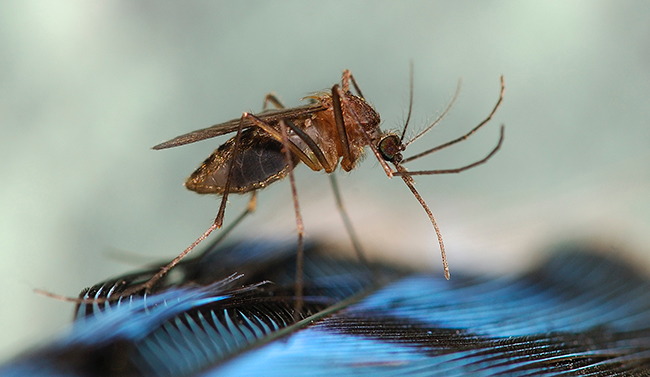Free Courses Sale ends Soon, Get It Now


Free Courses Sale ends Soon, Get It Now



Disclaimer: Copyright infringement not intended.
Context: A rare mosquito-borne illness eastern equine encephalitis reported in Alabama and New York.
Eastern equine encephalitis (EEE)
Cause of concern for EEE
Symptoms
Treatment
Mosquito-Borne Diseases
Chikungunya
Dengue
Malaria
Yellow Fever
Zika Virus
|
PRACTICE QUESTION Q. Consider the following diseases transmitted by mosquitoes
How many of the above diseases are viral diseases?
Ans: C |
© 2024 iasgyan. All right reserved